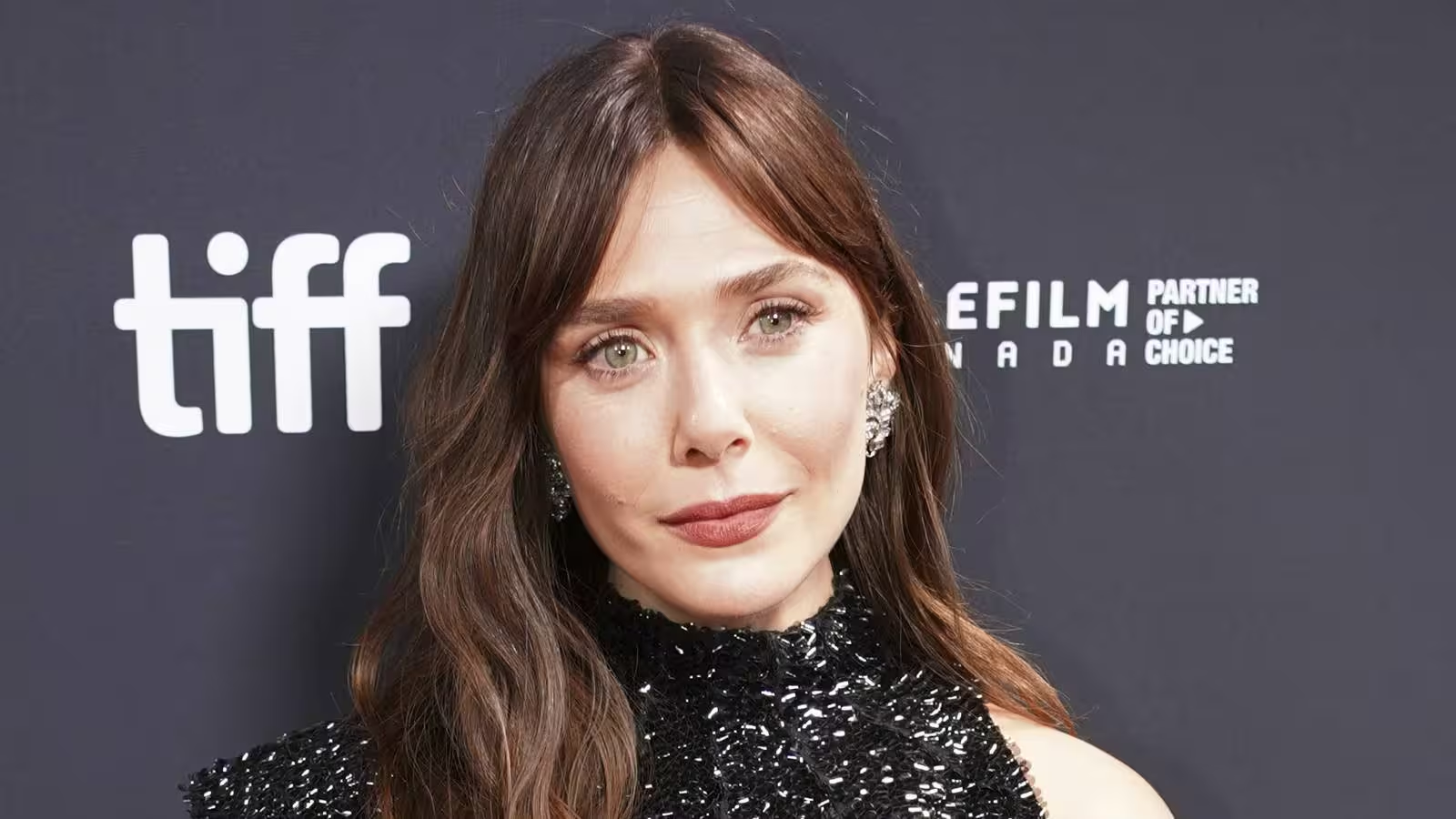5 Minutes
Elizabeth Olsen says MCU is home — and admits superhero fatigue
At the Hamptons International Film Festival premiere of Eternity, Elizabeth Olsen spoke candidly about her relationship with the Marvel Cinematic Universe, acknowledging both its rewards and the creeping sense of superhero fatigue among audiences and critics. Olsen made it clear she would happily return to the MCU, calling the shared universe something she loves and praising the creative scope the role of Wanda Maximoff has offered over the past decade.
Olsen's point about criticism versus fandom landed as a succinct defense of tentpole filmmaking. As she put it on stage, "These movies aren't for critics, they're for fans." That line captures a tension that has defined blockbuster culture in the streaming age: studio tentpoles aim to deliver communal, long-running narratives for devoted viewers, even while reviewers and cultural commentators debate artistic merit.
The long arc of a superhero
Wanda Maximoff's journey is one of the MCU's most dramatic evolutions. Introduced in 2016's Captain America: Civil War, Olsen's Scarlet Witch became a centerpiece in WandaVision (2021), a TV experiment that reinvented sitcom tropes and earned Olsen an Emmy nomination. Her last major theatrical outing was 2022's Doctor Strange in the Multiverse of Madness, directed by Sam Raimi, where Wanda's story culminated in a tragic turn — complicated, of course, by the narrative freedoms of the multiverse.
For fans, the multiverse is as much a narrative escape hatch as a creative tool: death is rarely final, and character returns are often a matter of storyline logistics rather than impossibility. Olsen reminded audiences that there are still comic-book through-lines she'd love to explore, and that many fans want those threads unraveled on screen.
Context: franchise fatigue and industry strategy
Superhero fatigue isn't an abstract media theory. In recent years studios like Marvel have been forced to rethink release schedules, marketing approaches, and the balance between films and series. Marvel Studios president Kevin Feige has acknowledged this, pushing for quality over quantity and retooling how Phase releases are paced. The industry sees similar recalibrations in other franchises — Star Wars and parts of the DC slate have also experimented with varying formats to restore audience enthusiasm.

Actors who anchor big franchises often use that platform to widen their creative choices. Olsen herself said the stability of recurring MCU work allowed her to take risks in independent cinema — most immediately with Eternity, which premiered at TIFF and heads for a limited theatrical release before going wide later in November. This dual-track career mirrors choices made by peers like Robert Downey Jr. and Scarlett Johansson, who oscillate between blockbuster tentpoles and auteur-driven projects.
Behind the scenes, WandaVision's production design — its decade-by-decade sitcom homages and era-accurate practical sets — remains a high-water mark for Marvel's willingness to experiment. Trivia-minded fans note that the show’s use of period filming techniques and costume detail helped sell Olsen’s fractured domestic drama in a way few superhero shows had attempted. Meanwhile, Doctor Strange: Multiverse of Madness paired Olsen with Sam Raimi's gothic visual instincts, delivering a finish that split critics but fired up many viewers.
Fan communities continue to lobby for Wanda's return. Social media threads and theory boards regularly propose multiversal pathways back to Wanda — from alternate timelines to resurrected consciousnesses — underscoring how serialized fandom keeps franchises alive between official announcements.
Film festivals also matter here: they provide a counterbalance to studio life by spotlighting an actor's non-franchise work and reminding critics and cinephiles that performers in superhero universes often have rich, parallel careers in independent film.
"Elizabeth Olsen's position is emblematic of modern franchise acting," says film critic Anna Kovacs, a London-based critic. "She leverages blockbuster visibility to pursue riskier, personal projects while remaining open to the storytelling possibilities the MCU uniquely offers. That's a smart career balance in 21st-century cinema."
Olsen's remarks are a reminder that big-screen universes are as much about audience belonging as they are about box-office performance. Whether MCU narratives will shift tone or tempo to address fatigue remains to be seen, but for now, actors like Olsen show that franchise work can coexist with creative independence — and that, for many performers, that's the best of both worlds.
Source: deadline


Leave a Comment